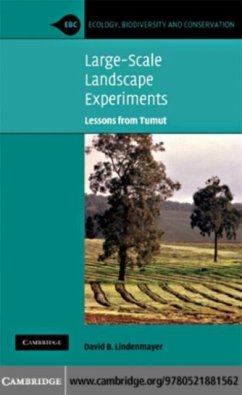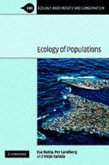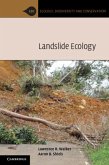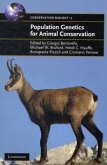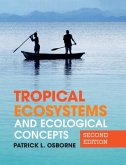Landscape change and habitat fragmentation are key factors impacting biodiversity worldwide. These processes have many facets, each of which is usually studied in isolation. The Tumut Fragmentation Study has run for over 11 years and yielded extensive data on changes in both plant and animal populations in areas of native forest and pine plantation. The study is unique in the way that many different factors and processes, influencing a wide range of species groups, have been studied in the one large-scale natural experiment. Writing for academic researchers, professionals and graduate students, David Lindenmayer uses the study and other relevant research to provide an overview of the relationships between landscape change, habitat fragmentation and biodiversity conservation. Key lessons are drawn on throughout the book, on the design and implementation of large-scale ecological studies, biodiversity conservation in fragmented landscapes, and the management of plantation landscapes for enhanced nature conservation.
Dieser Download kann aus rechtlichen Gründen nur mit Rechnungsadresse in A, B, BG, CY, CZ, D, DK, EW, E, FIN, F, GR, HR, H, IRL, I, LT, L, LR, M, NL, PL, P, R, S, SLO, SK ausgeliefert werden.

